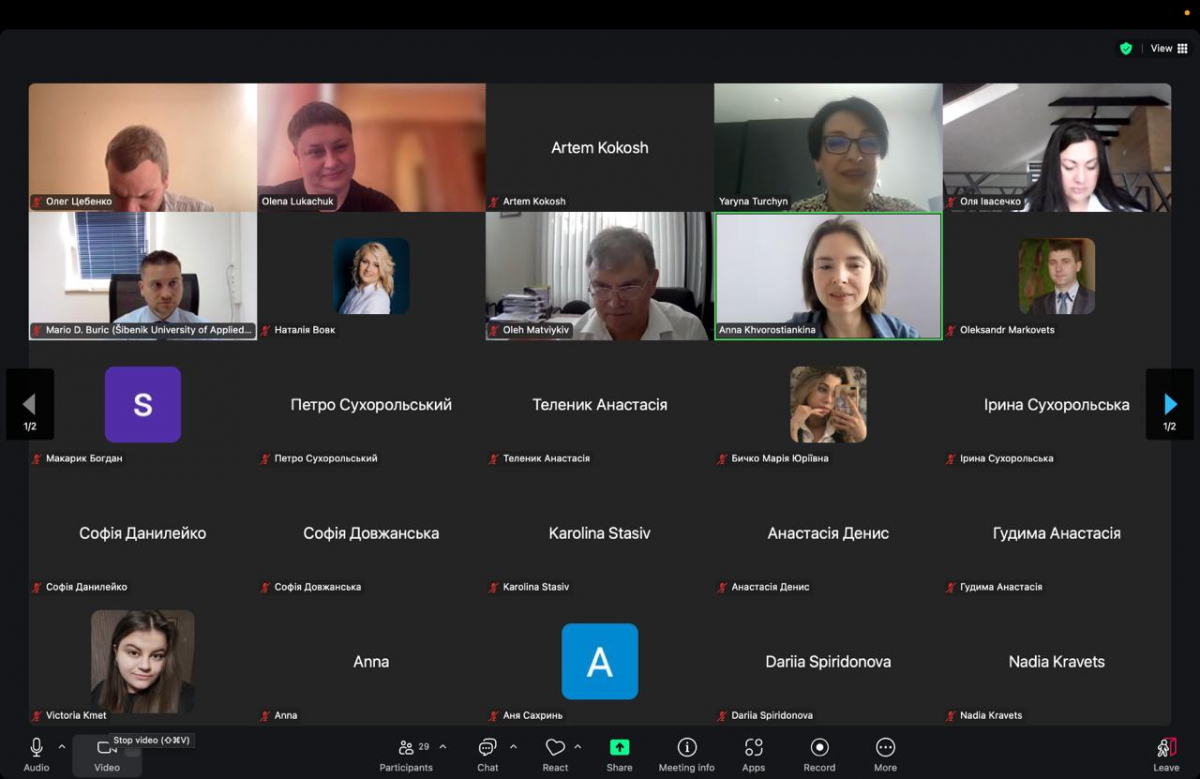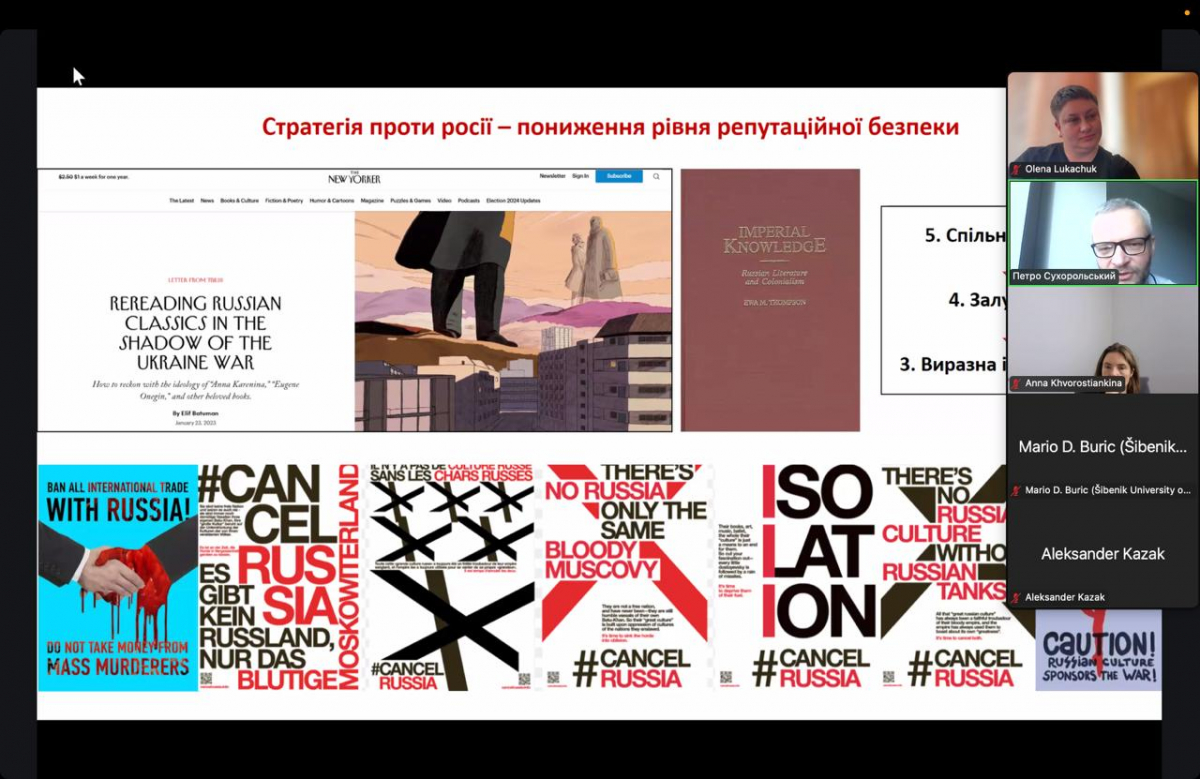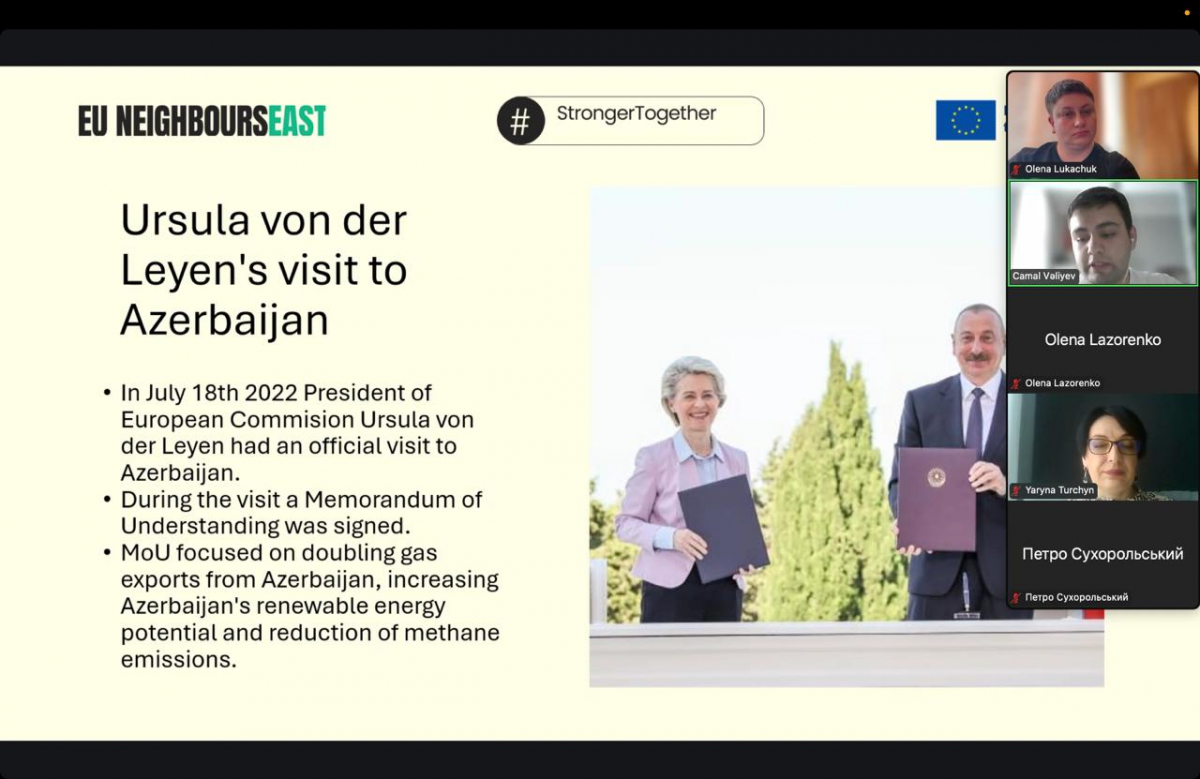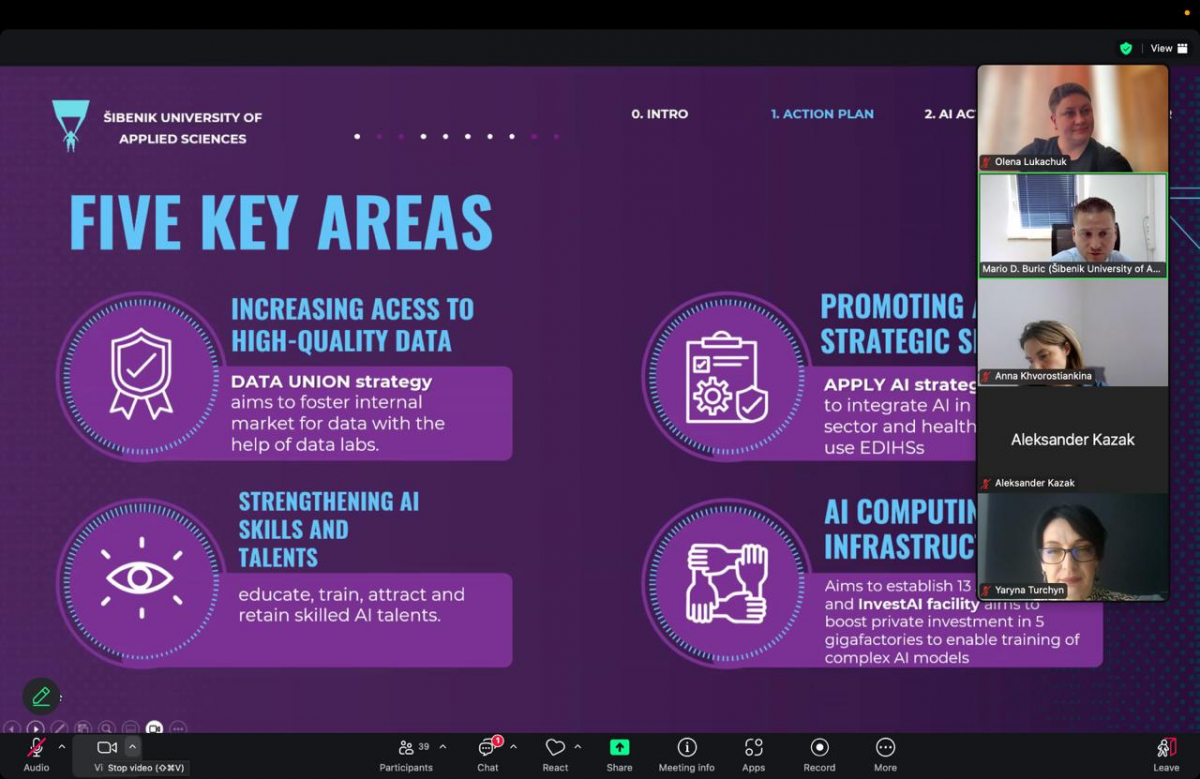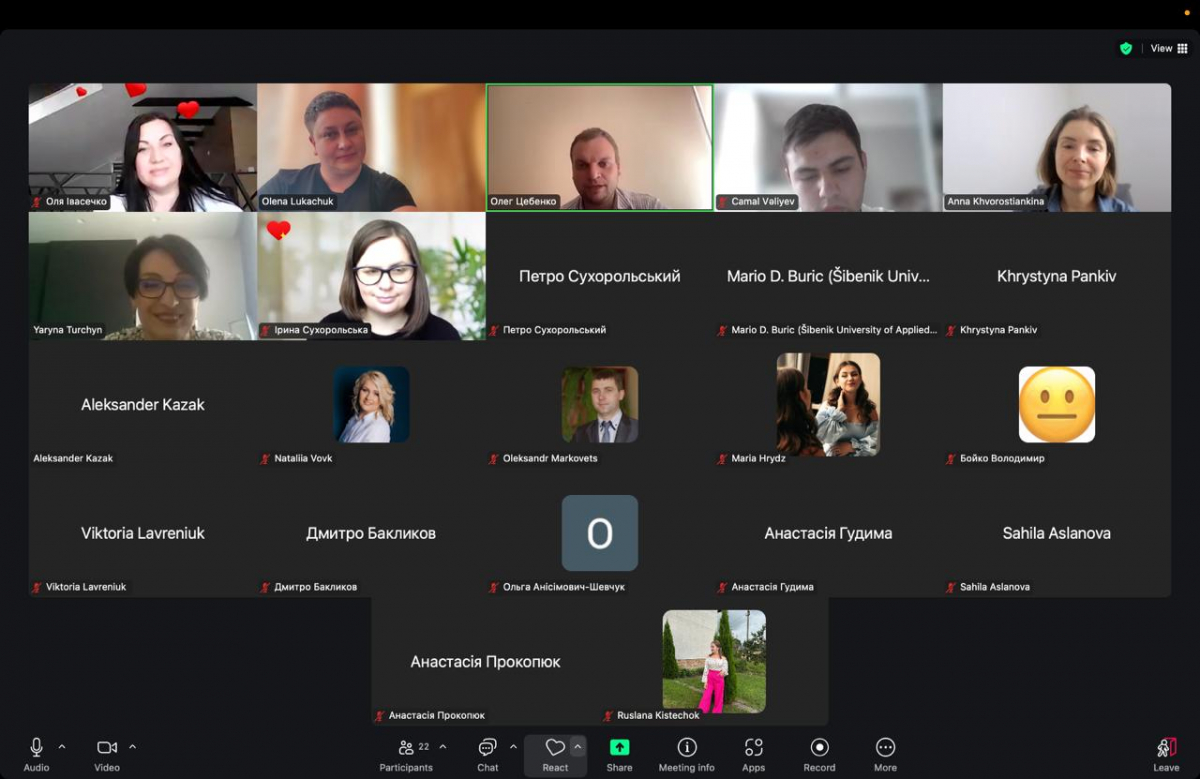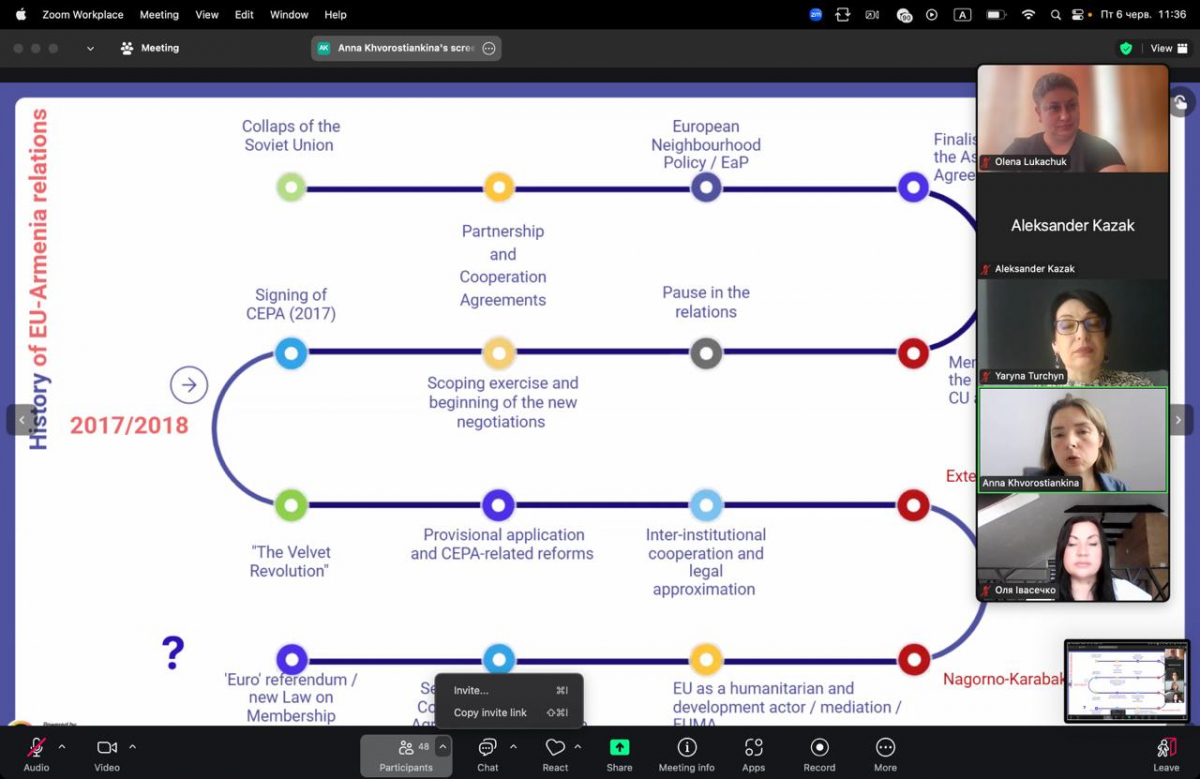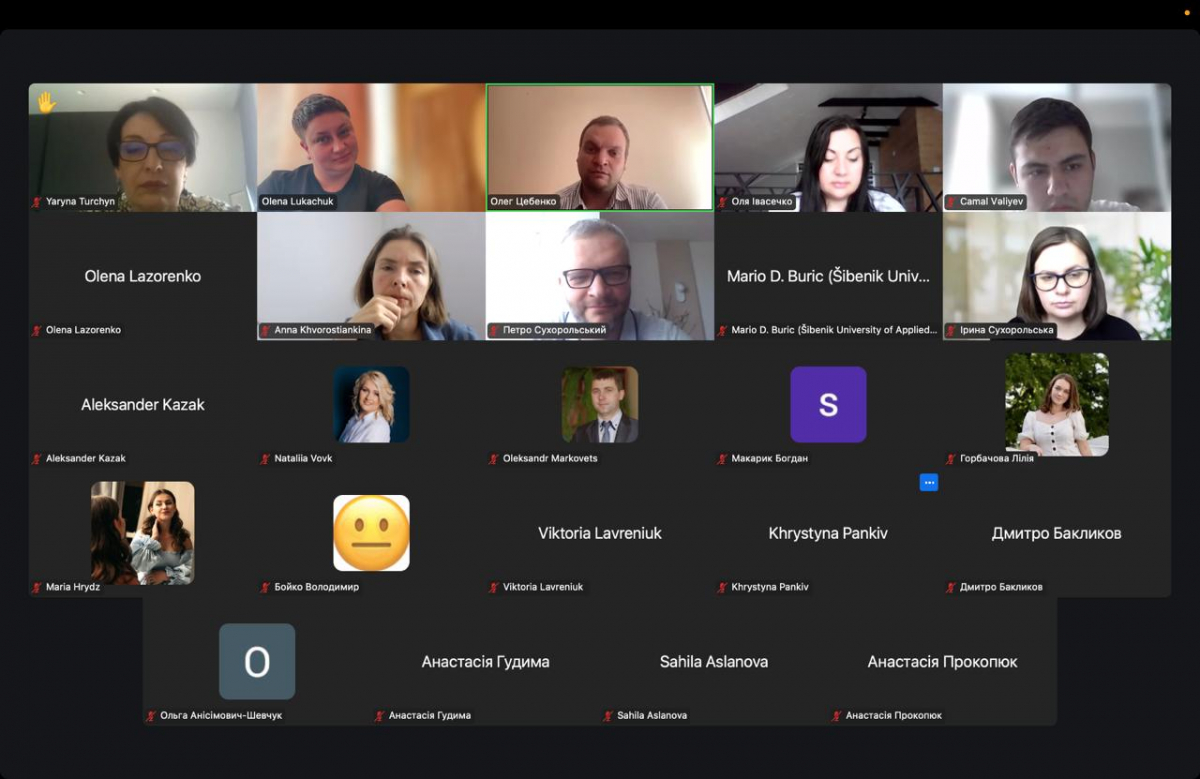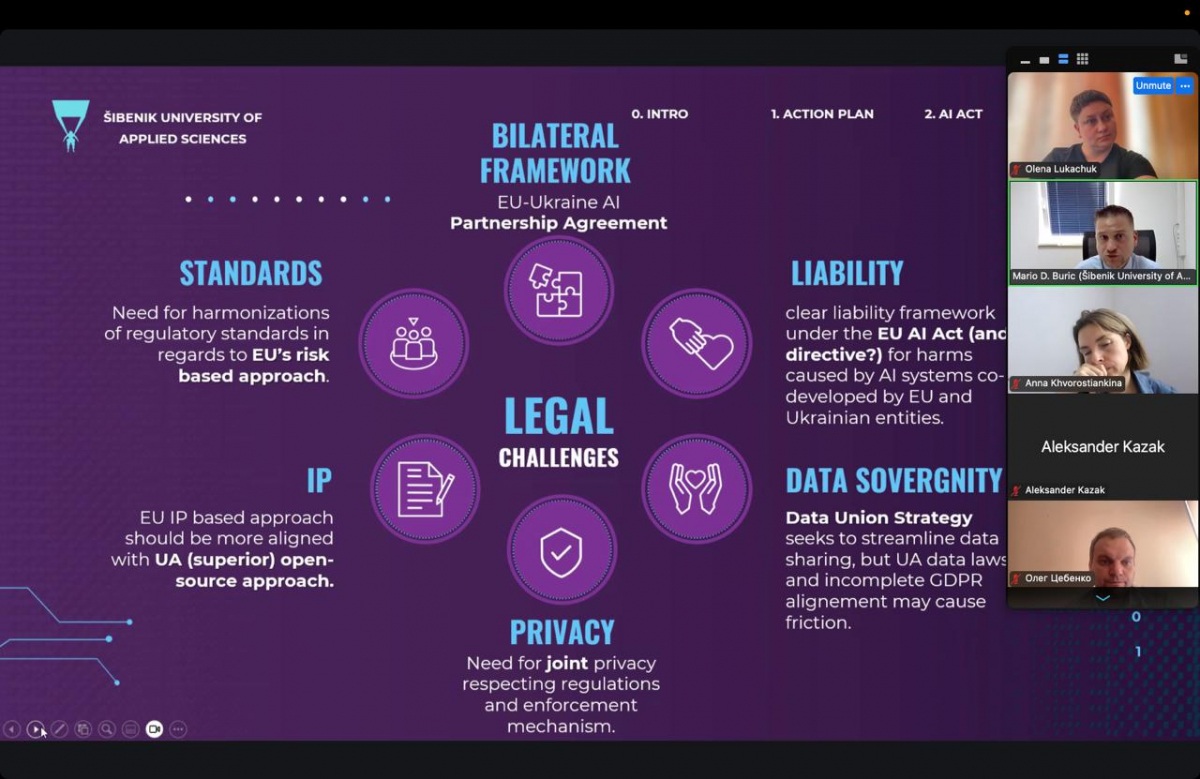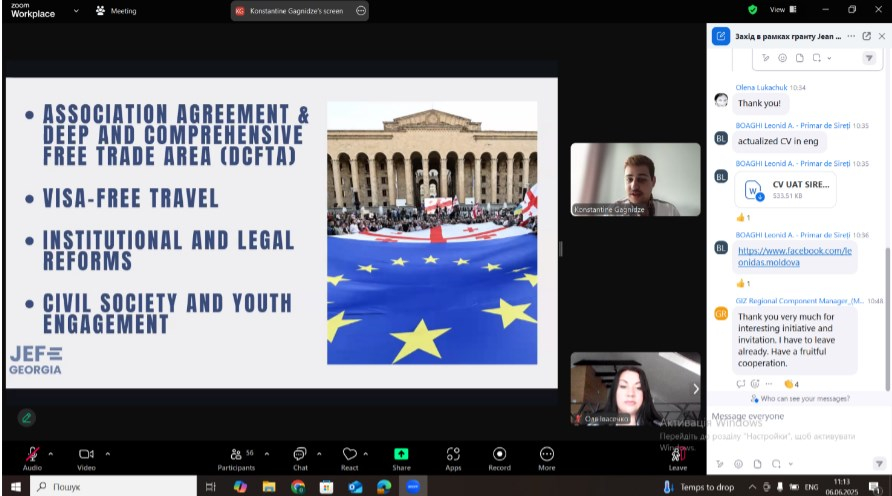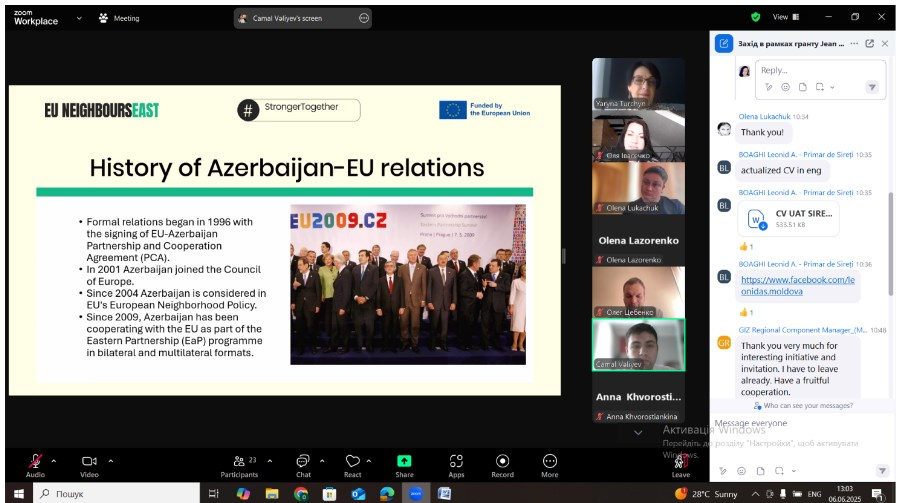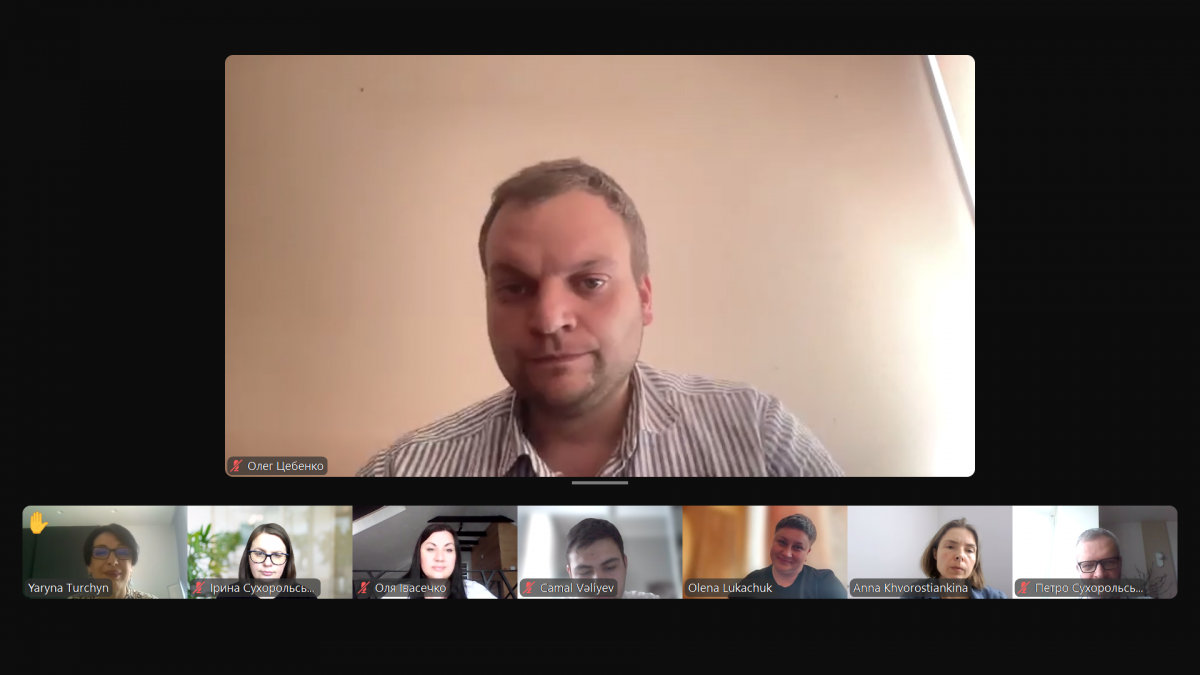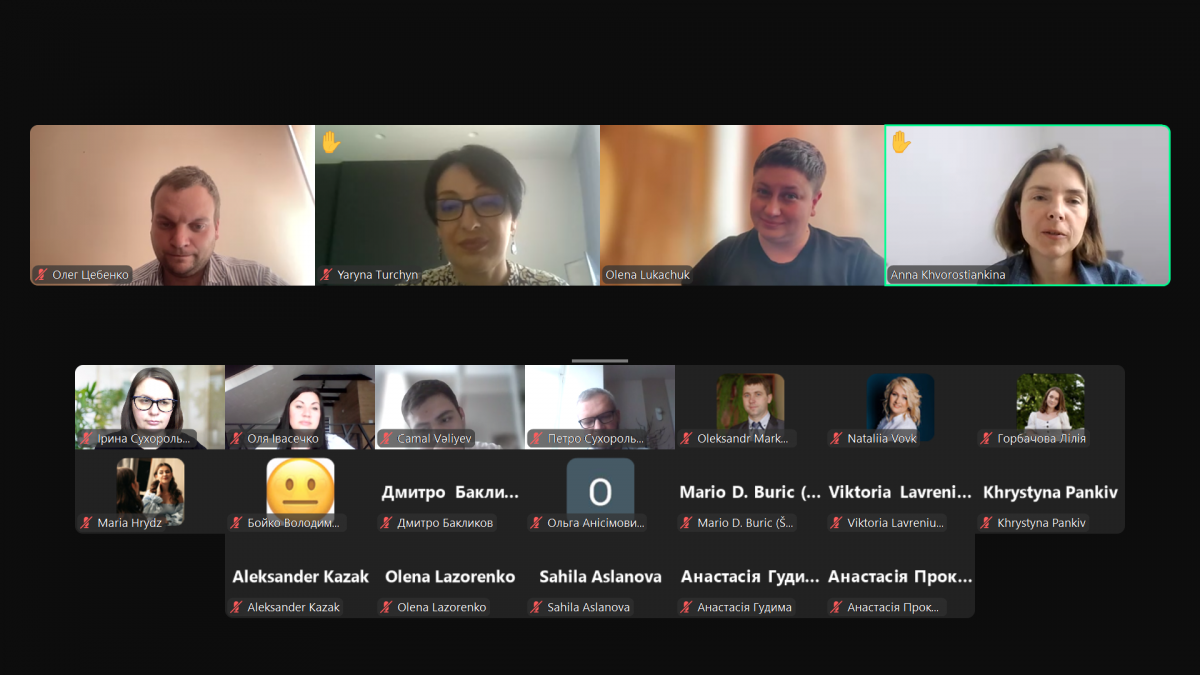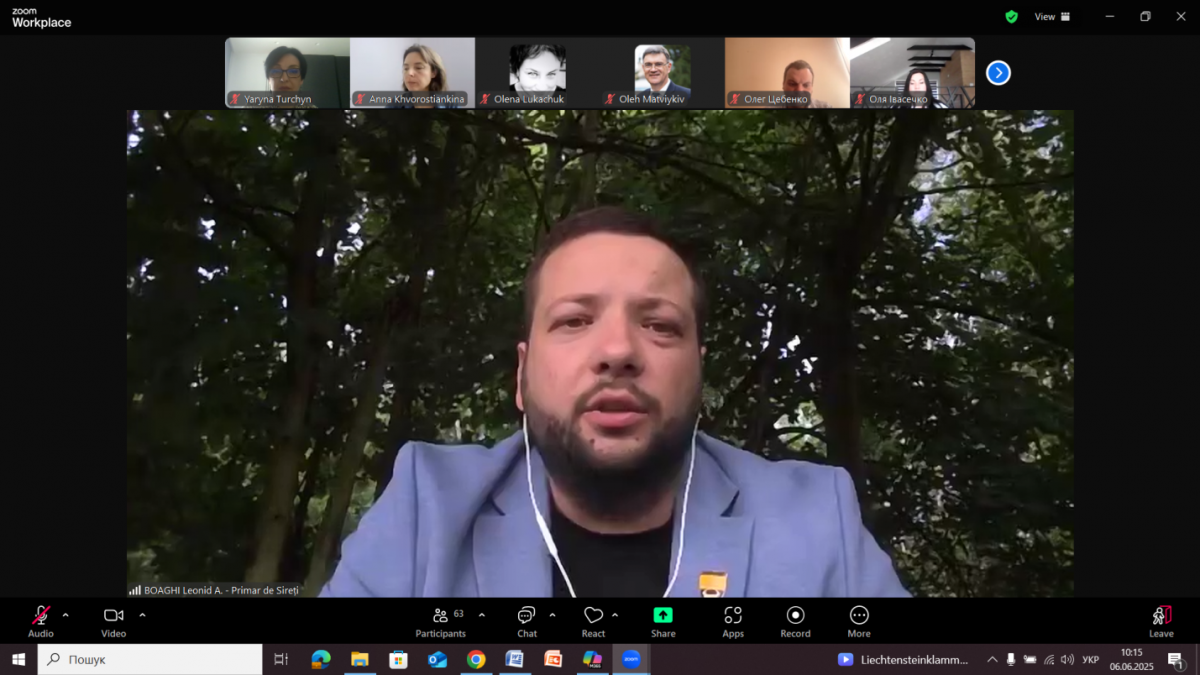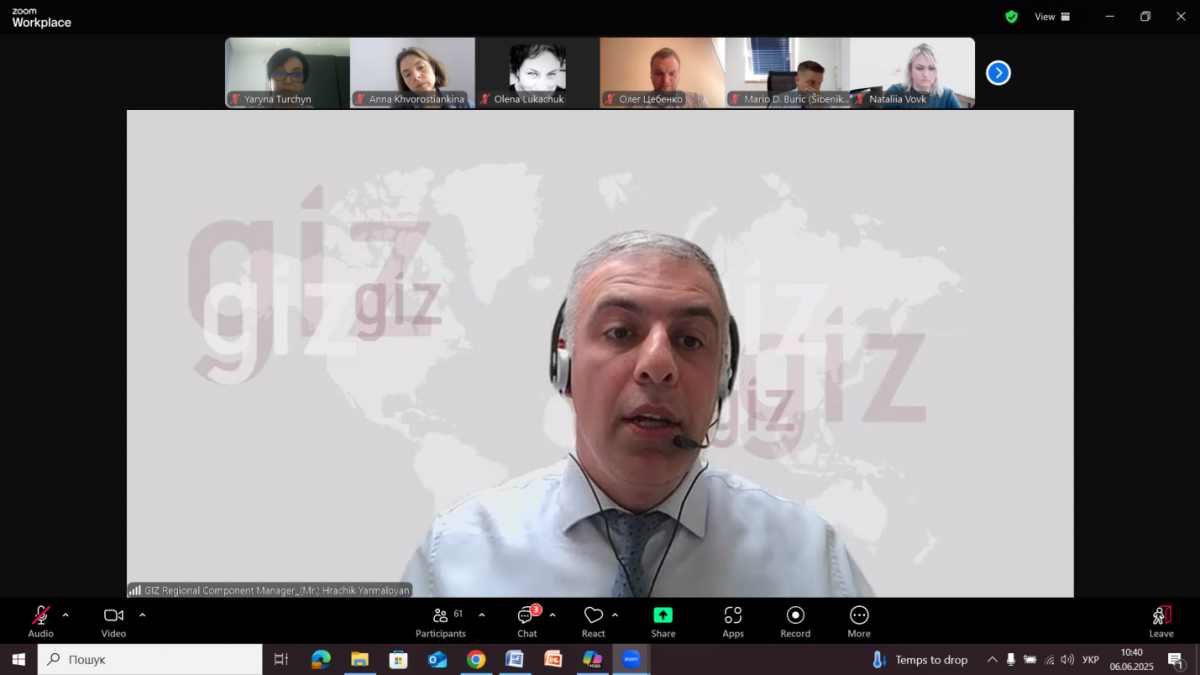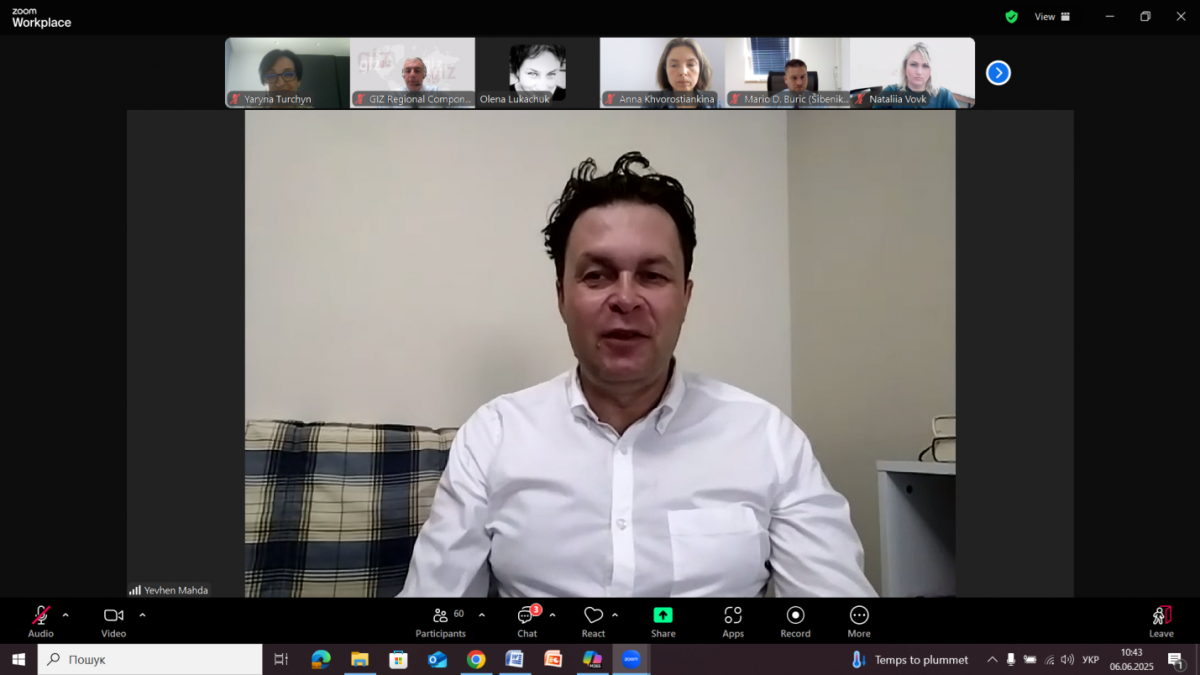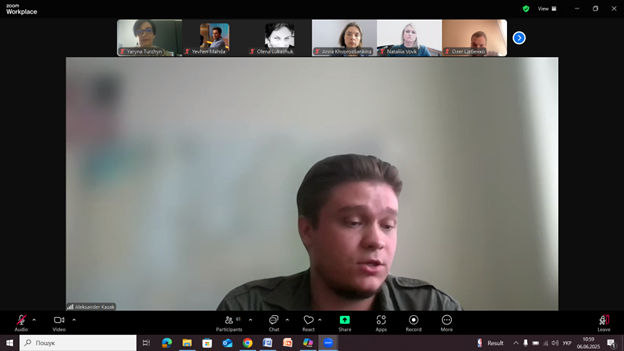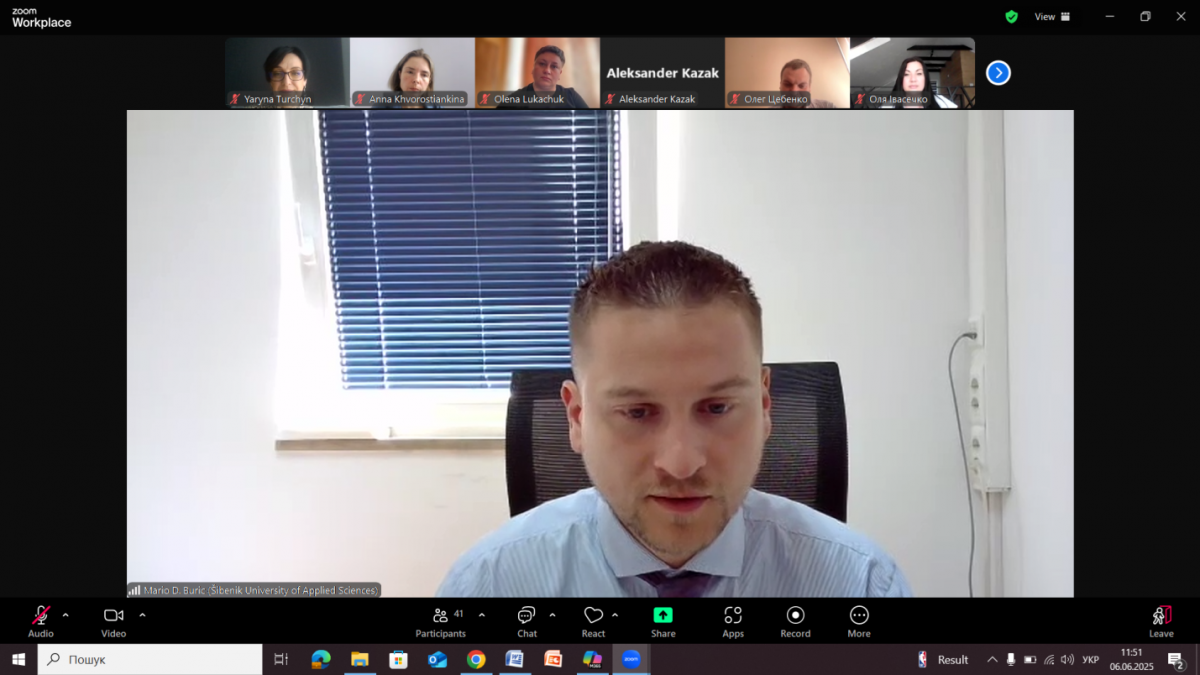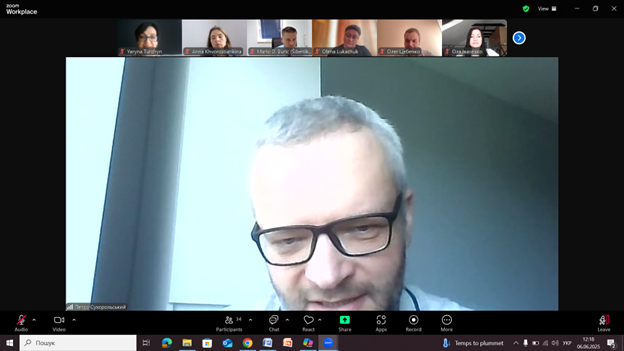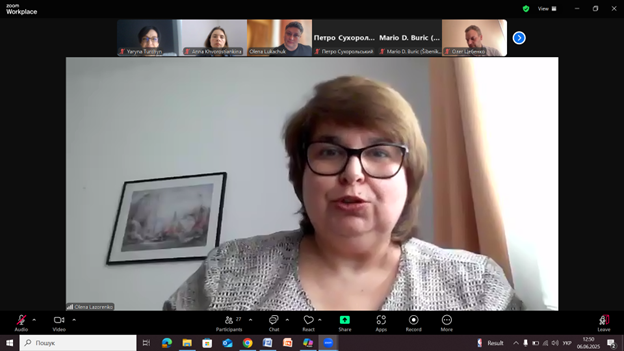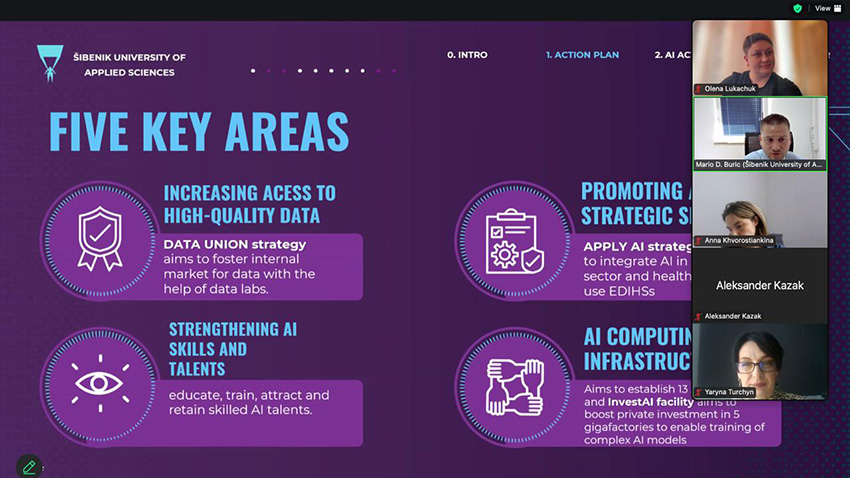An international academic event titled "Synergy of the Eastern Partnership Countries: From Crisis to Opportunities" was held at Lviv Polytechnic National University. The event served as a platform for interstate and interdisciplinary dialogue on the prospects of the Eastern Partnership as a framework for political, economic, and social transformation. Discussions focused on the specifics of EU–Eastern Partnership relations in the context of European integration, particularly in the areas of democratization and rule of law, regional cooperation, security, digitalization, climate, energy, science and technology, and more.
The event brought together representatives from academic institutions, civil society, and governance structures from various countries participating in the initiative. Its aim was not only to discuss reforms and policies but also to develop recommendations for strengthening trust and stability in the region. Over 60 participants took part in the event.
The event was formally opened by Oleh Matviikiv, First Vice-Rector of Lviv Polytechnic National University, and Yaryna Turchyn, coordinator of the project “European Studies for Technical Specialties” (EUSTS). In their speeches, they emphasized the importance of combining technical education with an understanding of European policies, highlighting the unique role of Lviv Polytechnic in promoting European values among students of technical disciplines. According to them, the Eastern Partnership has not only a technical but also a deeply value-based dimension, which requires rethinking in the context of war and geopolitical turbulence.
The event was moderated by Olena Lukachuk, Associate Professor at the Department of Political Science and International Relations and a participant in the EUSTS project. She ensured a high level of discussion, maintaining a balance between academic depth and practical relevance.
Experts from Moldova, Georgia, Armenia, Poland, Croatia, Azerbaijan, and Ukraine took part in the event. Opinions on the future of the Eastern Partnership initiative were divided: while some participants supported preserving and flexibly modernizing the format, others questioned its effectiveness amid the asymmetric policies of the participating countries.
On one hand, the Eastern Partnership was highlighted for its potential as a mechanism for integration—particularly in the cases of Ukraine and Georgia. On the other hand, criticism was voiced regarding the low engagement or passivity of some countries, such as Belarus and Azerbaijan.
-
Leonid Boaghi, President of the Platform of Young Mayors and Local Councillors, Vice-President of the Congress of Local Authorities of Moldova, and Chair of the Board of the Alliance of Moldovan Regional Associations, shared his experience in involving local administrations in the implementation of European programs and initiatives. He emphasized the importance of decentralization as a key to democratic transformation.
-
Kostiantine Gagnidze, project leader in Latvian, Ukrainian, and Georgian organizations and President of JEF Georgia (Young European Federalists of Georgia), presented Georgia’s achievements within the framework of the Eastern Partnership, as well as the challenges related to political stability and regional security.
-
Anna Khvorostiankina, Head of the Department of Law, Political Science and International Relations at the Eurasian International University in Armenia and Chairholder of the Jean Monnet Chair in EU Legal Studies and Europeanisation of Law, analyzed Armenia’s complex trajectory—from political shifts to its growing alignment with the EU—considering the geopolitical pressures and regional instability.
-
Yevhen Mahda, Director of the Institute of World Policy and Associate Professor at the Department of Publishing and Editing at the National Technical University of Ukraine "Igor Sikorsky Kyiv Polytechnic Institute," delivered a profound analytical reflection on the transformation of the Eastern Partnership concept, questioning the viability of its continued existence in its current format.
-
Aleksandr Kazak, Assistant at the Department of Public Policy and Administration at the Institute of Political Science, University of Gdańsk, re-evaluated the EU’s policy towards Belarus, highlighting the tension between security imperatives and the values that underpin European foreign policy.
-
Ljubomir Runjiс, Professor at the University College of Applied Sciences in Šibenik, and Mario Dominik Buriс Master of Law at the same institution, presented a strategic vision of the EU regarding the integration of artificial intelligence, emphasizing adherence to ethical standards—especially in the context of interstate cooperation.
-
Olena Lazorenko, Senior Research Fellow at the National Academy of Sciences of Ukraine, KIU Research Fellow, and President of the NGO “League of Professional Women,” shared insights on how science diplomacy has become a vital tool of Ukraine’s communication with the EU and its partners, particularly in the context of war. She emphasized the role of women scientists, civil society initiatives, and interinstitutional projects in building bridges of trust.
-
Petro Sukhorolskyi, Associate Professor at the Department of Political Science and International Relations at Lviv Polytechnic National University, addressed the issue of Ukraine’s information and image security in his presentation. He emphasized that reputational factors are becoming no less important than military strength, particularly in mobilizing international support and consolidating society.
-
Jamal Valiyev, a bachelor’s student in International Relations at the Academy of Public Administration under the President of the Republic of Azerbaijan, presented Azerbaijan’s pragmatic approach to participation in the Eastern Partnership, with a focus on energy cooperation and selective integration.
A key moment of the event was the roundtable discussion titled "Time for Decisions: How to Turn Challenges into Long-Term Cooperation?" The discussion revolved around models for renewing or transforming the Eastern Partnership. Participants proposed adopting a more individualized approach for each partner country, creating thematic alliances within the initiative (in areas such as science, digitalization, and security), and rethinking the EU’s regional strategy in light of the new reality of full-scale war and hybrid threats. This was not just a conclusion, but an open platform for strategic thinking—where ideas were born that could not only adapt but also revitalize the mechanisms of cooperation.
The international academic event in Lviv was far from an ordinary scholarly forum. It was a vibrant discussion about the future, where each speaker’s voice added a new dimension to the understanding of regional policy. In a world where challenges emerge swiftly and unexpectedly, such events serve not only as intellectual platforms but also as practical tools for developing new strategies.
The international event took place within the framework of the project “European Studies for Technical Specialties at Lviv Polytechnic National University” (EUSTS), supported by the EU’s Erasmus+ Programme under the Jean Monnet Action.
More information about the EUSTS project can be found on the project’s official website.
